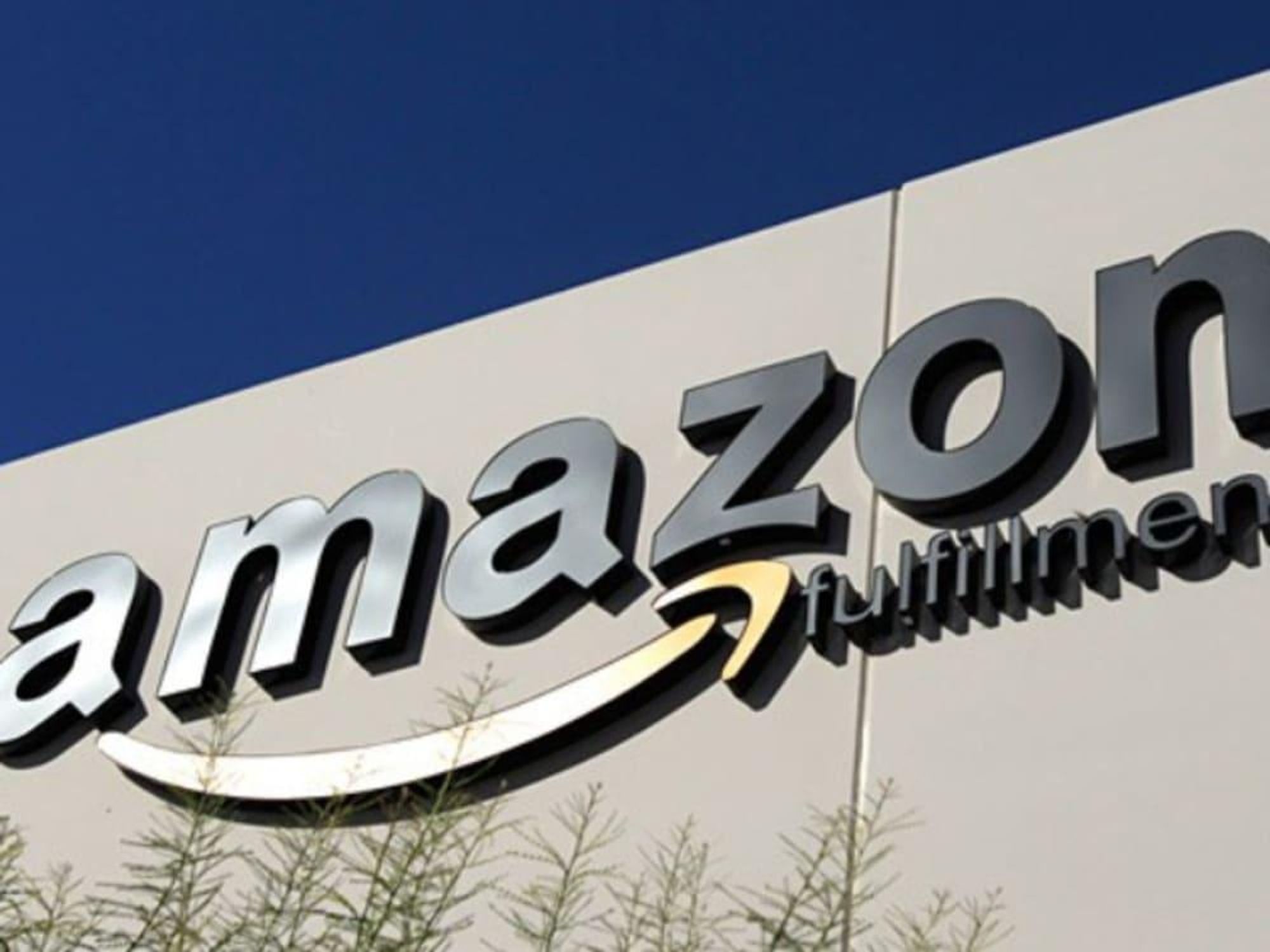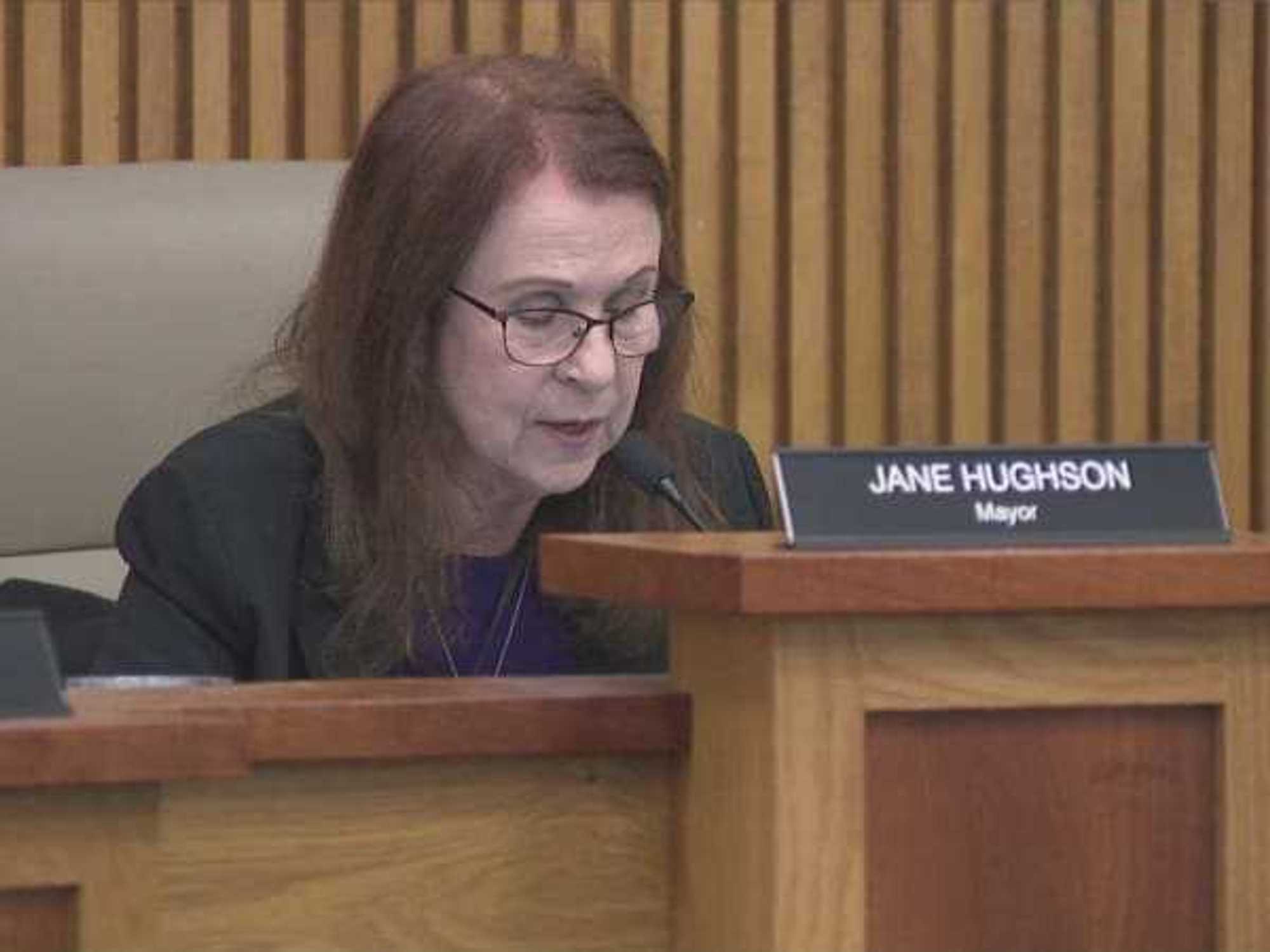It's a jungle out there
New poll reveals how many Austinites hate the idea of Amazon HQ2

If a recent poll is any indication, residents of the Austin metro area aren’t all that jazzed about Amazon’s proposed second headquarters potentially landing in the region. In fact, Austin residents are some of the least supportive of the $5 billion project among people in the 16 U.S. metro areas that remain in the running.
The online poll, conducted March 30 to April 3 by Elon University in partnership with the Business Journals chain of newspapers, found 13 percent of residents in the Austin area oppose Amazon HQ2, as the project is known. Denver was the only area with a higher level of opposition (16 percent).
In other regions, the level of opposition ranged from 2 percent to 7 percent.
“If you are Amazon, you are relatively happy with these results unless you were leaning toward locating in Austin or Denver. Public support appears to be the lowest in those areas,” Brandon Sheridan, assistant professor of economics at Elon's Martha and Spencer Love School of Business, says in a release. “Residents in those cities perceive Amazon to be a costly investment that their city does not need to begin with, let alone one that should be offered generous incentives. By comparison, the other sites are much more optimistic about becoming the home of HQ2.”
The poll revealed that just 36 percent of Austin residents strongly support Amazon HQ2. That’s one of the weakest levels of strong support among the 16 finalists. Only Boston (34 percent), Los Angeles (35 percent) and Denver (35 percent) had fewer strong supporters.
Overall, 71 percent of Austin residents either somewhat support or strongly support the city’s bid for HQ2.
“The balance between cheerleaders and opponents is key to how a major change is received within a community. While a majority in all of the HQ2 finalist regions support Amazon moving to town, some areas had more cheerleaders and fewer opponents,” says Jason Husser, Elon’s polling director and an assistant professor of political science.
“Our results suggest Amazon should expect Pittsburgh, Atlanta, and Indianapolis to be particularly rich with advocates,” Husser adds. “Conversely, executives should have at least some reason for pause about the potential for opposition groups emerging in Austin and Denver.”
The poll also showed that many Austin-area residents aren’t keen on financial incentives being dangled to lure Amazon HQ2.
Fifteen percent said no financial incentives should be offered to Amazon, 38 percent said Amazon should be offered nothing more or less than other businesses, 39 percent said Amazon should be offered reasonable incentives, and only 8 percent said Amazon should be offered as much as possible.
“Crucial to an individual’s support for HQ2 is the perception of how much a region needs the economic stimulus,” Husser says. “Those who saw ‘a lot’ of need in their region for an economic boost were over six times as likely to strongly support HQ2 than those who saw no need. This explains much of why we observed higher support in places like Pittsburgh than in places like Austin.”
Generally, Austin-area residents are wary of how Amazon HQ2 might affect long-term prices for housing and other necessities.
In the poll, 61 percent said they thought HQ2 would lead to a higher cost of living in Austin — tied with Denver for the most pessimism on that front. Meanwhile, 36 percent in Austin said they thought HQ2 wouldn’t have any impact and just 3 percent guessed the cost of living actually would go down.
In the cost-of-living category, Austin had the highest share of people (74 percent) who thought HQ2 would bump up housing prices.
Elsewhere in the poll:
- Austin had the highest share of residents who favor a suburban location for HQ2 (71 percent) and the lowest share who favor a downtown location (29 percent).
- Austin tied with Denver for the highest share of residents (33 percent) who aren’t willing to add even one minute to their round-trip commutes in exchange for the presence of Amazon HQ2.
Amazon has picked 20 North American finalists for HQ2, which eventually is projected to employ 50,000 people. Three of the finalists are in the Washington, D.C. area and two are in the New York City area, meaning 16 U.S. metro areas are in contention. Toronto is the only finalist outside the U.S.
Amazon is expected to declare its choice for HQ2 sometime this year.
